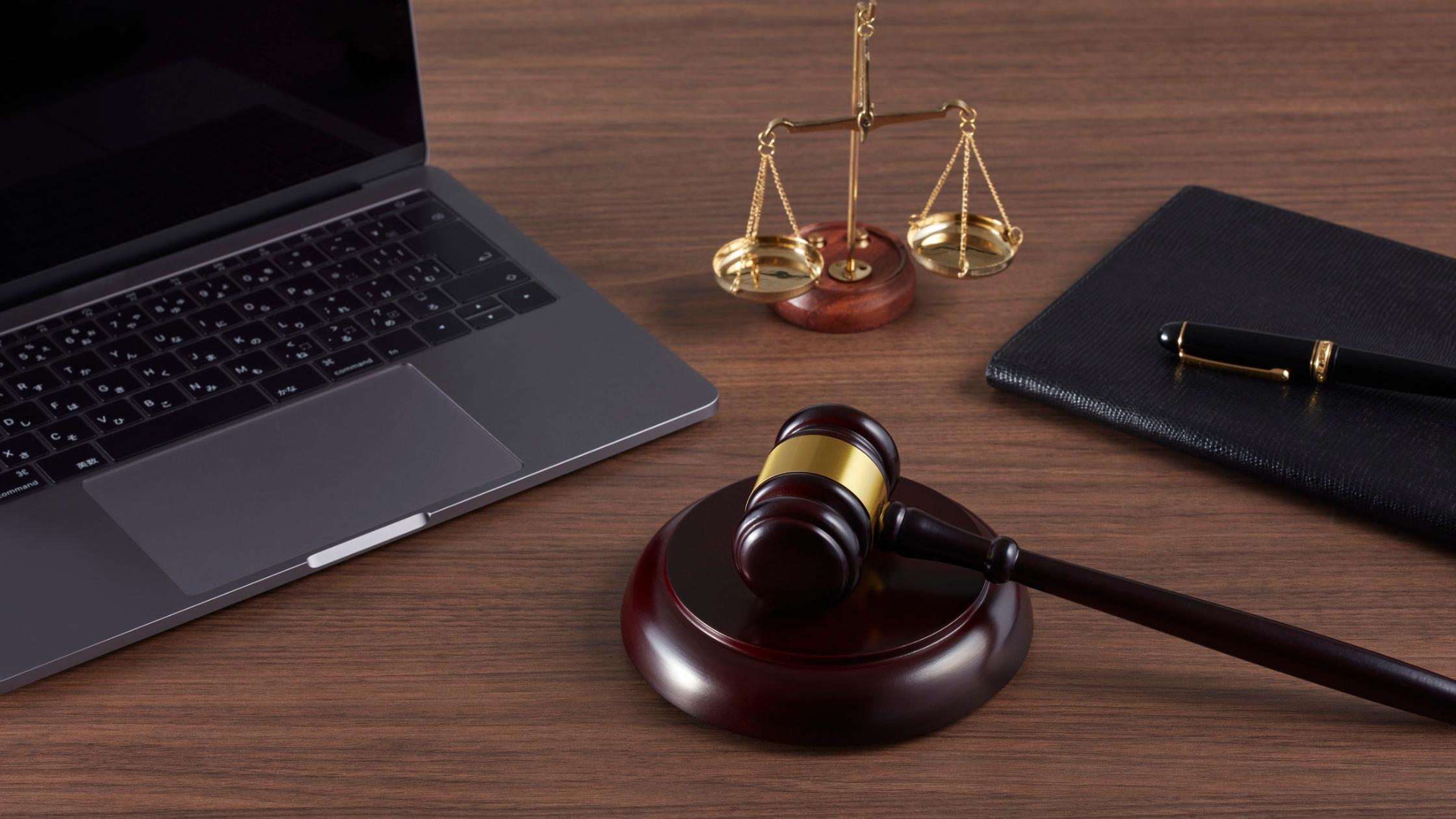Preparing to present a case before the Supreme Court of India can feel overwhelming. Whether you are an individual seeking justice or a business involved in a complex legal dispute, the stakes are high and the process is intricate. Understanding how to get ready—both legally and mentally—can make all the difference. This guide walks you through the key steps and explains how the Best Criminal Lawyers in Delhi Supreme Court can support you.
1. Understand the Nature of Your Supreme Court Case
The Supreme Court handles a wide range of matters, from constitutional questions and appeals to special leave petitions (SLPs) and criminal revisions. Before anything else, clarify what kind of case you are pursuing.
-
Appeals: If you are challenging a decision from a High Court or another lower court, you will need to prove substantial legal or constitutional issues.
-
Special Leave Petition (SLP): This is a request for the Supreme Court to hear your case even if it does not fall under ordinary appeal routes.
-
Criminal Matters: These often include bail applications, quashing of FIRs, or challenging convictions.
Knowing the exact category helps you and your legal team focus on the right legal strategy.
2. Hire the Right Legal Representation
Securing the Best Criminal Lawyers in Delhi Supreme Court is one of the most crucial steps. Supreme Court practice is very different from lower courts. The paperwork, timelines, and courtroom procedures are complex.
When selecting an advocate, consider:
-
Experience: Look for lawyers with a track record of handling Supreme Court criminal matters similar to yours.
-
Research Skills: Supreme Court cases often hinge on detailed legal precedents. Your lawyer must be adept at deep research.
-
Communication: A lawyer who explains procedures and keeps you informed reduces stress and confusion.
A strong advocate ensures your case is filed correctly and argued persuasively before the bench.
3. Gather All Necessary Documentation
The Supreme Court demands precise paperwork. Start early and be thorough. Key documents usually include:
-
Certified Copies of Lower Court Judgments
-
Petition Draft (for appeals or SLPs)
-
Affidavits and relevant annexures
-
Evidence and Exhibits from the trial or appeal stage
Any missing document can delay the listing of your case. Work closely with your lawyer to compile and verify everything.
4. Understand Filing Timelines and Procedures
Supreme Court filings follow strict timelines. For example, you typically have 90 days to file an appeal after a High Court judgment. Missing a deadline can result in dismissal, though in rare cases you can request condonation of delay.
Your advocate will help you navigate:
-
Drafting the petition
-
Filing through the Supreme Court’s electronic filing system
-
Paying the correct court fees
-
Serving notices to all respondents
Knowing these steps prevents costly mistakes.
5. Prepare for the Hearing Day
Courtroom etiquette matters. When appearing for your Supreme Court hearing:
-
Arrive Early: Security checks can take time.
-
Dress Formally: Neat, conservative attire shows respect for the institution.
-
Stay Calm and Respectful: Address the judges as “My Lords” and follow your lawyer’s guidance on when to speak.
While your lawyer presents arguments, you may need to answer basic questions. A composed demeanor supports your credibility.
6. Stay Informed Throughout the Process
Supreme Court proceedings can span months or even years. Maintain regular communication with your advocate to track developments. Ask for updates on filing dates, hearing schedules, and any interim orders. Being informed helps you plan personal or business decisions around your case.
7. The Role of Legal Strategy
Each case requires a tailored strategy. The Best Criminal Lawyers in Delhi Supreme Court will review every detail of the lower court’s judgment, identify errors in law, and build strong arguments supported by past Supreme Court rulings.
Sometimes, an out-of-court settlement or mediation may be advisable. Your lawyer will weigh these options while keeping your best interests at the forefront.
8. Mental and Emotional Preparation
Litigation at the highest judicial level can be stressful. Prepare yourself emotionally:
-
Be Patient: Supreme Court cases often involve multiple hearings.
-
Seek Support: Lean on family, friends, or counseling if needed.
-
Trust Your Lawyer: Confidence in your legal team can reduce anxiety.
Remember, a calm and prepared mindset helps you participate effectively in your case.
9. Why Professional Guidance Matters
Trying to manage a Supreme Court matter without expert legal help is risky. The rules of procedure, legal drafting, and argumentation are highly technical. With the guidance of the Best Criminal Lawyers in Delhi Supreme Court, you significantly increase the likelihood of a favorable outcome.
Frequently Asked Questions
1. How long does it take for a Supreme Court case to be decided?
It varies. Some matters are resolved in a few months, while others, especially constitutional or high-profile cases, may take years.
2. What is a Special Leave Petition (SLP)?
An SLP allows you to request the Supreme Court to hear your case even if it does not qualify for a regular appeal. It is a discretionary power of the Court.
3. Do I need to be present for every hearing?
Not necessarily. Your lawyer will represent you. However, your presence may be required for specific directions or if the Court asks for personal testimony.
4. What are the costs involved in filing a Supreme Court case?
Costs include court fees, lawyer’s fees, and expenses for documentation and research. Charges vary depending on the complexity of the case and the advocate’s experience.
Conclusion
Facing a Supreme Court case is undoubtedly challenging, but careful preparation can give you confidence. From selecting the Best Criminal Lawyers in Delhi Supreme Court to organizing documents and understanding the timeline, each step matters.
If you need professional assistance, Your Legal Brief provides reliable connections to seasoned Supreme Court advocates and guidance for individuals and businesses alike. With the right team and mindset, you can navigate the highest court in the country with clarity and purpose.



